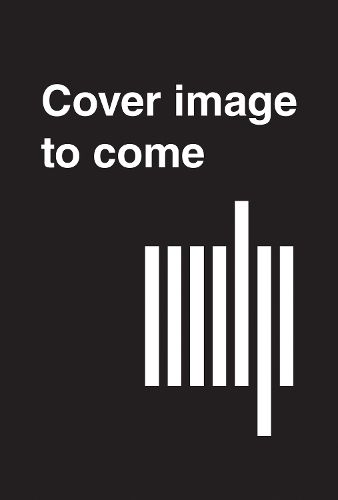Readings Newsletter
Become a Readings Member to make your shopping experience even easier.
Sign in or sign up for free!
You’re not far away from qualifying for FREE standard shipping within Australia
You’ve qualified for FREE standard shipping within Australia
The cart is loading…






The definitive handbook on critical thinking for medical and graduate students in biomedical sciences.
The definitive handbook on critical thinking for medical and graduate students in biomedical sciences.
First-year medical and graduate students in biomedical sciences face a variety of challenges in learning to study, feeling as though they belong, and learning to adopt the habits of thought of their chosen profession. Crucial to their success in this key career period is learning critical thinking, which involves slowing down, as well as considering causality, epistemology, ethics, and one's own cognitive biases. This book addresses these challenges by teaching evidence-based study habits, "the hidden curriculum," and how to think about complex topics in biomedicine, especially for underrepresented students.
With a wealth of practical examples and case studies, this accessibly written book presents complex topics from a variety of fields such as philosophy and logic in a digestible format for the target audience.
$9.00 standard shipping within Australia
FREE standard shipping within Australia for orders over $100.00
Express & International shipping calculated at checkout
The definitive handbook on critical thinking for medical and graduate students in biomedical sciences.
The definitive handbook on critical thinking for medical and graduate students in biomedical sciences.
First-year medical and graduate students in biomedical sciences face a variety of challenges in learning to study, feeling as though they belong, and learning to adopt the habits of thought of their chosen profession. Crucial to their success in this key career period is learning critical thinking, which involves slowing down, as well as considering causality, epistemology, ethics, and one's own cognitive biases. This book addresses these challenges by teaching evidence-based study habits, "the hidden curriculum," and how to think about complex topics in biomedicine, especially for underrepresented students.
With a wealth of practical examples and case studies, this accessibly written book presents complex topics from a variety of fields such as philosophy and logic in a digestible format for the target audience.